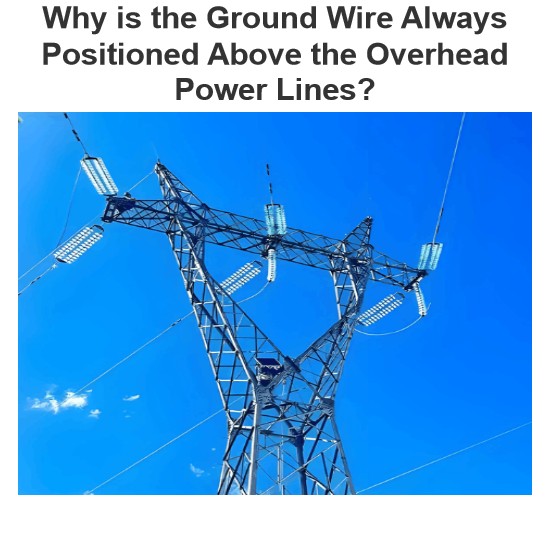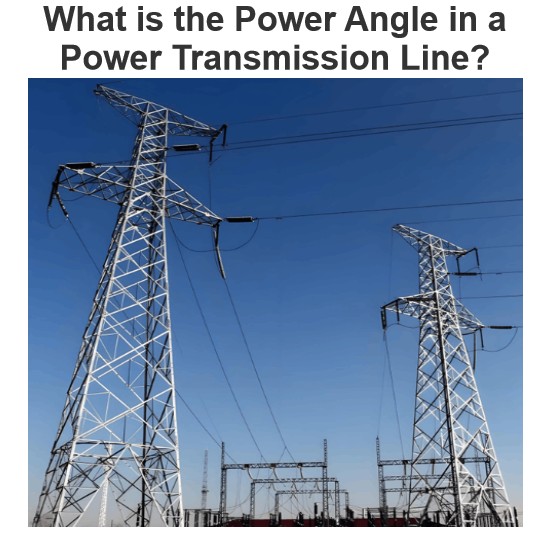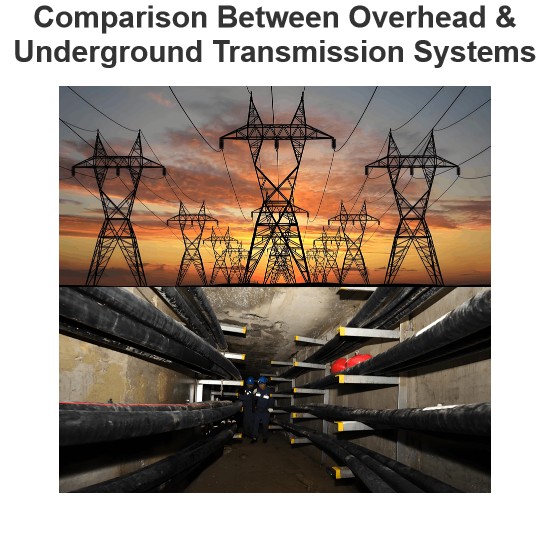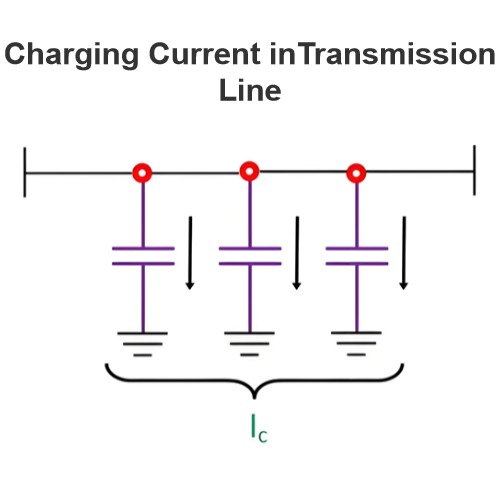Why is the voltage high in transmission lines while the current is low?
Why are transmission lines high in voltage and low in current?
During the process of power transmission, high-voltage transmission is often adopted to reduce energy loss. The specific reasons are as follows:
Reduce Current: According to Ohm's Law (P = UI), when transmitting the same power, the higher the voltage, the lower the current. Lower current means that the resistive losses in the transmission lines (P = I²R) will also be reduced.
Reduce Heat Losses: High-voltage transmission can significantly reduce current, thereby minimizing heat loss in conductors. This is because heat is generated when current flows through conductors, and heat is directly proportional to the square of the current. By reducing the current, this heat loss can be effectively minimized.
Efficiency Enhancement: High-voltage transmission lines operate with higher efficiency as they can transmit large amounts of electricity over long distances without significant loss. Modern transmission lines employ advanced conductor materials, insulation, and structural designs, further minimizing energy loss.
Is this the most efficient way to transmit electricity?
High-voltage transmission is considered one of the most efficient transmission methods at present, mainly for the following reasons:
Reduce Energy Losses: As mentioned earlier, high-voltage transmission can significantly reduce current, thereby lowering energy losses on the transmission lines. This is particularly important for long-distance transmission.
Economics: Although high-voltage transmission requires higher technology and more capital investment, its long-term economic benefits are significant. By reducing energy loss and improving transmission efficiency, high-voltage transmission can lower overall operating costs.
Flexibility: High-voltage transmission systems are highly flexible and can adapt to different power demands and supply conditions. Moreover, with technological advancements, the reliability and safety of high-voltage transmission systems continue to improve.
In summary, high-voltage transmission is considered one of the most effective transmission methods due to its advantages in reducing energy loss, improving transmission efficiency, and economy. However, the specific transmission method still needs to be selected and optimized according to the actual situation.
The Electricity Encyclopedia is dedicated to accelerating the dissemination and application of electricity knowledge and adding impetus to the development and innovation of the electricity industry.













